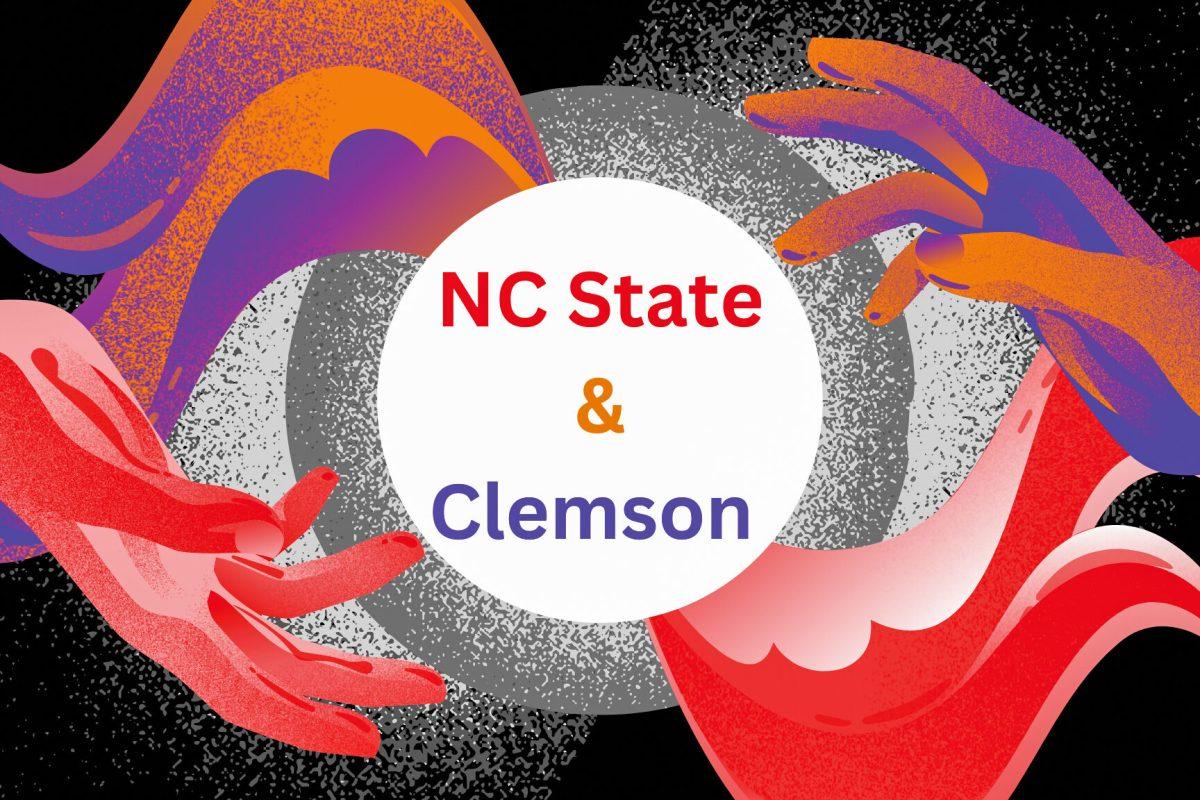Clemson University chose NC State to be its mentor for a program recently created by the National Science Foundation called the Accelerating Research Translation, which is made to speed and scale the learning institution’s research beyond its capacity.
NC State was awarded funding as part of the I-Corps program, which is designed to provide entrepreneurial training for researchers who aren’t familiar with the marketplace.
Pradeep Fulay, lead program director for ART in the Technology, Innovation and Partnerships directorate at the NSF, began working on the program two years ago and said the program is aiming for high achievement.
“There is kind of a disconnect there, high research, or low translation,” Fulay said. “We want them to really boost that capacity for translational research, that is the very big picture goal, to create societal impact and leverage the research that has already been funded, … both economic activity that includes entrepreneurship, startups, industry, university interactions and new opportunities for students.”
Eighteen schools were awarded this investment of about $6 million over four years to fuel their research. Each institution partnered with a mentor for support.
“They have partnered with places like NC State, where that system for translational activities is already robust, is existing,” Fulay said. “It’s kind of a mentoring role that these institutions are going to play. That is kind of the big picture. … ART is really to bring those institutions up in the direction of where some of the top tier institutions are.”
NC State has been ranked as one of the top schools for research, licensing and startup operations and is consistently in the top five for the number of agreements for new technologies and startups. Over 200 startup companies have been launched based off of NC State research in the past ten years.
Fulay also said mentors help guide newly awarded universities while also setting them up for success.
“The mentor is not going to tell you that you should be my clone; … that’s not the role of the mentor,” Fulay said. “They need to understand what the institution is, what their needs are and use their expertise, use their resources to really guide this institution that they are mentoring to succeed, figure out what will work, what will be the best approach for them in the short term and in the long run.”
The Office of Research Commercialization at NC State protects, markets and helps license these startups so they can decrease the risks of the early stages of the product or service. Amy Parker, the assistant director for research commercialization programs, manages the programs and initiatives that aid the launch of startup companies at the University.
“I think it’s a high-level kind of validation of the great work that we’ve done, and we’re seen by Clemson, as well as NSF, as a leading research institution, particularly when it comes to commercialization,” Parker said. “This is not an easy thing to do, just based on the number of projects that ultimately are not successful.”
An objective of this mentorship is to aid Clemson in creating a network of tech investors and to teach them about evaluating market opportunities. Parker said the NC State Office of Research Commercialization wants to see the two universities grow the region with infrastructure for research.
“Clemson is kind of where NC State was many years ago,” Parker said. “They’re trying to kind of build out the infrastructure that exists to be able to help researchers transition technology into the marketplace. I think it speaks to other projects within the region, and also on the national level, to recognize the great work that we’re doing.”













